Elacestrant on course to gain FDA approval
Length of prior treatment with CDK 4/6 inhibitors affects outcome in metastatic hormone receptor-positive breast cancer
- 12/09/22
Update: On January 30, 2023, elacestrant (Orserdu) was FDA approved to treat postmenopausal women and adult men living with advanced or metastatic hormone receptor-positive, HER2-negative breast cancer that has tested positive for an ESR1 mutation with disease progression following treatment with at least one hormonal therapy. The FDA also approved the Guardant360 CDx assay, a tumor biomarker (genomic) test for ESR1 mutations, to identify people who may be eligible to take elacestrant.
Elacestrant is poised to move forward as a new option for metastatic hormone receptor-positive, HER2-negative breast cancer in 2023. New results point to a relationship between the drug’s effectiveness and both the prior length of time on CDK 4/6 inhibitors and the presence of an ESR1 mutation. Further analysis from the phase III EMERALD clinical trial was reported on December 8 at the San Antonio Breast Cancer Symposium.
Background
Elacestrant is a next-generation oral selective estrogen receptor degrader (SERD). SERDs are designed to block estrogen, but in a different way than selective estrogen receptor modulator (SERM) drugs, such as tamoxifen. While numerous SERDs are being studied in clinical trials, only one — fulvestrant (Faslodex) — has FDA approval.
The CDK 4/6 inhibitors ribociclib (Kisqali), palbociclib (Ibrance), and abemaciclib (Verzenio) have become a mainstay of treatment for hormone receptor-positive metastatic breast cancer. They are given at the same time as hormonal therapy. While these drugs may succeed in stopping cancer growth, the effect is often temporary. Eventually, the tumors develop drug resistance, which can be caused by the development of ESR1 mutations.
In the past year, results from the EMERALD clinical trial established that elacestrant is an effective treatment for metastatic hormone receptor-positive, HER2-negative breast cancer that stops responding to CDK 4/6 inhibitors. Based on this finding, the FDA granted priority review to elacestrant in August 2022. This update offers further insight into elacestrant’s potential benefit, looking specifically at the time participants took CDK 4/6 inhibitors before starting elacestrant and the presence of ESR1 mutations.
Results
This clinical trial included 478 men and postmenopausal women with metastatic hormone receptor-positive, HER2-negative breast cancer whose cancers no longer responded to hormonal therapy and a CDK 4/6 inhibitor. EMERALD is the only clinical trial of a SERD that was open exclusively to people who had previously taken CDK 4/6 inhibitors.
Participants in the study group received a daily dose of elacestrant. The control group received their doctor’s choice of fulvestrant or an aromatase inhibitor. Aromatase inhibitors include anastrozole (Arimidex), exemestane (Aromasin), and letrozole (Femara).
This follow-up analysis looked at time without cancer progression, comparing subgroups of participants who had previously taken a CDK 4/6 inhibitor drug for 6 months, 12 months, and 18 months. Additional analysis looked specifically at people whose cancers were positive for an ESR1 mutation.
Overall, participants in the elacestrant arm of the trial experienced a longer time without cancer growth (progression-free survival) than those in the doctor’s choice/control arm of the trial. The benefit was stronger for people who had spent more time on CDK 4/6 inhibitors and for those with ESR1 mutations. Participants who had an ESR1 mutation and who had been on a CDK 4/6 inhibitor for at least 12 months experienced a median of 8.6 months without the cancer progressing, compared to 1.9 months for those in the control group. Results were even more pronounced for those who’d been on CDK 4/6 inhibitors for 18 or more months.
Study participants tolerated elacestrant very well. The most common side effect was nausea, usually relatively mild. Only three participants in the elacestrant arm and one person in the control arm left the trial due to side effects.
This study analysis did not include any specific data on response by race or ethnicity, although the initial study reported benefit for people of varying ages across racial and ethnic groups.
What these findings mean for you
The potential approval of elacestrant fills a gap in care for people diagnosed with hormone receptor-positive, HER2-negative metastatic breast cancer that no longer responds to CDK 4/6 inhibitors or hormonal therapies. The currently available options tend to cause significant side effects. People generally tolerate elacestrant very well. When elacestrant caused nausea in the clinical trial, most participants affected were able to manage without anti-nausea medication. Elacestrant offers an advantage over fulvestrant because it is taken as a daily pill; fulvestrant is given by monthly injection.
The benefit of elacestrant was seen across groups, but how well it works is related to how long you were on a CDK 4/6 inhibitor. The people whose cancers had the best response to elacestrant had taken a CDK4/6 inhibitor for at least 12 months, and they also had an ESR1 mutation.
We do not yet know what kinds of limits the FDA might put on the use of elacestrant. Based on this update, it is possible that FDA approval of elacestrant will come with a recommendation for ESR1 testing, but it is not clear whether tumor biomarker (also called genomic) test results will be required to get a prescription.
Our 2022 SABCS coverage
- Abemaciclib, everolimus studied in high-risk, early-stage HR-positive breast cancer
- Enhertu continues to show good results
- POSITIVE news about pregnancy and breast cancer
- Strengthening cancer care through communication
- Talking about racial disparities, pushing for solutions
- New breast cancer drug targets AKT pathway
- Research looks to avoid overtreatment in early-stage breast cancer
- Ibrance adds no benefit over Faslodex alone
- Sexual side effects matter to young women
- Babytam effective in preventing breast cancer
Related blogs
- Living rock solid: Navigating MBC, financial crisis, and housing uncertainty
- Finding strength in faith: Stephani St. Cyr's journey with stage IV breast cancer
- Cancer, my unexpected guru: Thriving with metastatic breast cancer
- Passion for running builds control and strength after MBC
Related news
- Promising ctDNA study ends early due to low enrollment | SABCS 2024
- Radiation may be a better option than hormonal therapy for older adults with early-stage breast cancer | SABCS 2024
- Addition of palbociclib improves outcomes in HER2-positive, hormone receptor-positive metastatic breast cancer | SABCS 2024
- Imlunestrant proves effective against hormone receptor-positive, HER2-negative advanced breast cancer | SABCS 2024
Stay connected
Sign up to receive emotional support, medical insight, personal stories, and more, delivered to your inbox weekly.



